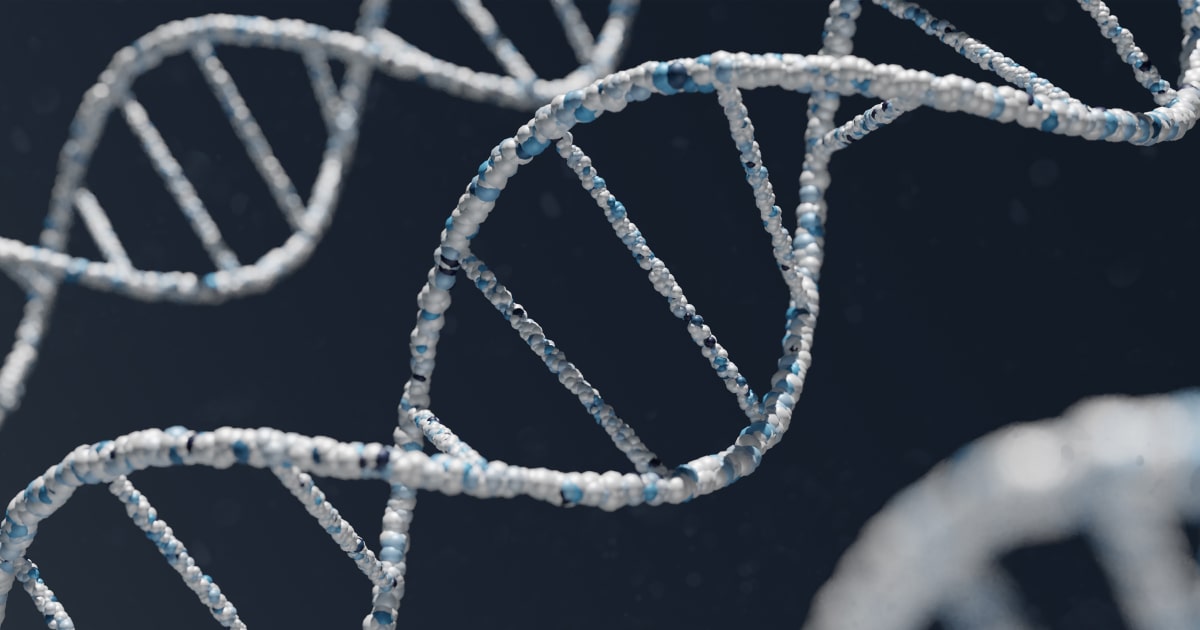
Expert Reviewed By: Dr. Brandon Colby MD
Trigonocephaly 2 is a rare cranial deformity characterized by a triangular-shaped forehead due to the premature fusion of the metopic suture. While it may sound like a mere cosmetic issue, this condition can lead to developmental delays and other neurological complications. Understanding the genetic underpinnings of Trigonocephaly 2 is crucial for early diagnosis and intervention, and genetic testing is at the forefront of this exploration.
The Genetic Landscape of Trigonocephaly 2
Trigonocephaly 2 falls under the broad category of craniosynostosis disorders, which are often linked to genetic mutations. In recent years, advancements in genetic testing have allowed researchers and clinicians to identify specific mutations associated with these conditions. In the case of Trigonocephaly 2, genetic testing provides a window into the complex genetic landscape, potentially revealing mutations that may not only explain the condition but also guide treatment and management strategies.
Identifying Genetic Mutations
Genetic testing for Trigonocephaly 2 involves analyzing DNA samples to identify mutations in genes known to be associated with craniosynostosis. These tests can pinpoint mutations in genes such as FGFR1, FGFR2, and TWIST1, which have been implicated in cranial suture development. By identifying these mutations early, genetic testing provides valuable information that can inform prognosis and treatment planning.
Guiding Clinical Decisions
Once genetic mutations are identified, they can significantly influence clinical decisions. For instance, if a specific mutation known to cause severe developmental issues is detected, healthcare providers can tailor their approach to monitoring and intervention. This might include more frequent developmental assessments or early surgical intervention to prevent complications. Genetic testing thus acts as a critical tool in personalizing patient care, ensuring that each child receives the most appropriate and effective treatment.
Implications for Families
Beyond guiding clinical decisions, genetic testing also has profound implications for families affected by Trigonocephaly 2. Understanding the genetic basis of the condition can provide families with a clearer picture of what to expect, helping them prepare for potential challenges. Moreover, genetic counseling can offer insights into the likelihood of recurrence in future pregnancies, allowing families to make informed reproductive choices.
Facilitating Early Intervention
Early intervention is crucial in managing Trigonocephaly 2, as timely surgical correction can prevent or mitigate developmental delays and neurological issues. Genetic testing can facilitate early intervention by enabling early diagnosis. When a genetic predisposition is identified, healthcare providers can closely monitor the child from birth, ensuring that any necessary interventions are implemented as soon as possible.
Empowering Families with Knowledge
Knowledge is power, and for families dealing with Trigonocephaly 2, understanding the genetic aspects of the condition can be empowering. Genetic testing provides concrete information about the condition, which can alleviate some of the uncertainty and anxiety that often accompany rare disorders. Additionally, it can connect families with support networks and resources tailored to their specific situation, fostering a sense of community and shared experience.
Looking to the Future
As genetic testing technologies continue to evolve, the potential for uncovering new insights into Trigonocephaly 2 and similar conditions is immense. Ongoing research, such as the study on primary aldosteronism in young adults, demonstrates the power of genetic analysis in revealing common mutations and advancing our understanding of complex disorders (Reference: Journal of Clinical Endocrinology & Metabolism).
In the case of Trigonocephaly 2, continued research and collaboration between geneticists, clinicians, and families will be key to unlocking new treatment possibilities and improving outcomes for affected individuals. Genetic testing is not just a diagnostic tool; it is a beacon of hope for a future where rare disorders like Trigonocephaly 2 can be better understood and managed.
About The Expert Reviewer
Dr. Brandon Colby MD is a US physician specializing in the personalized prevention of disease through the use of genomic technologies. He’s an expert in genetic testing, genetic analysis, and precision medicine. Dr. Colby is also the Founder of and the author of Outsmart Your Genes.
Dr. Colby holds an MD from the Mount Sinai School of Medicine, an MBA from Stanford University’s Graduate School of Business, and a degree in Genetics with Honors from the University of Michigan. He is an Affiliate Specialist of the American College of Medical Genetics and Genomics (ACMG), an Associate of the American College of Preventive Medicine (ACPM), and a member of the National Society of Genetic Counselors (NSGC)